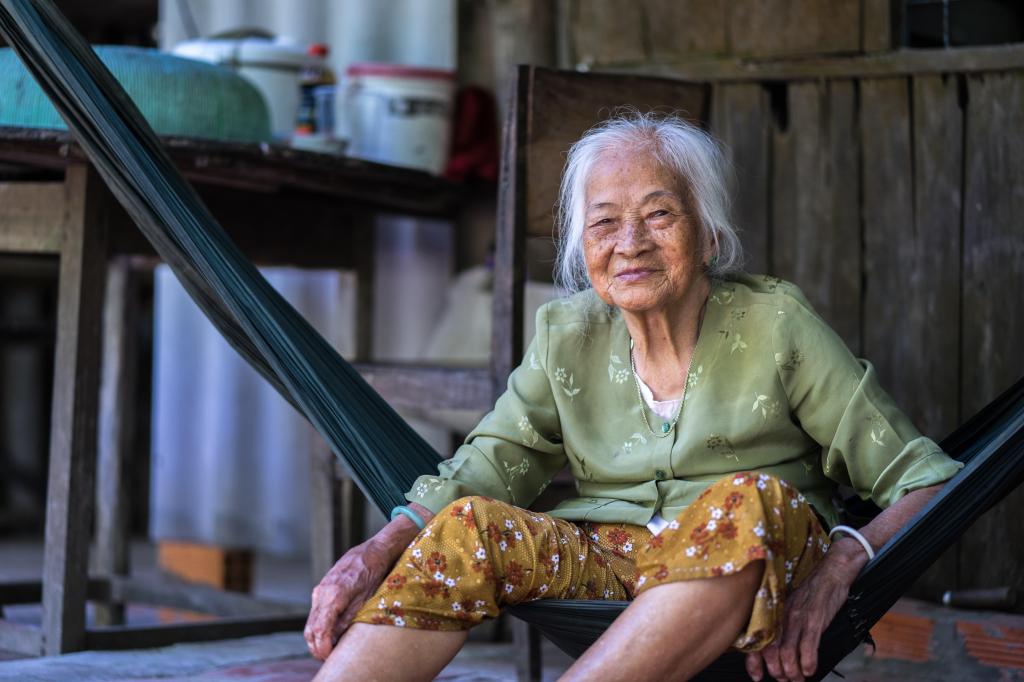There’s something to be said for having a positive outlook on life. Optimism may not only make you happier, it can also help you live longer. Yes, you’re reading that correctly: Being optimistic can actually add years to your life. A study done by researchers from the Harvard T.H. Chan School of Public Health and published in the Journal of the American Geriatrics Society found a correlation between lifespan and optimism in women. The authors discovered that optimistic women had a longer lifespan, many living past the age of 90.
In a previous version of this study, data showed the correlation between living past the age of 85 and higher levels of optimism. But that study looked at a mostly white people. This later study expanded the pool of participants to include more people from diverse backgrounds.
In this version of the study, the research team looked at data from 159, 255 participants from the Women’s Health Initiative. The group included women between the ages of 50 and 79 (specifically postmenopausal women). The women had to fall into that age bracket between 1993 and 1998, then they were followed for 26 years.
“Although optimism itself may be affected by social structural factors, such as race and ethnicity, our research suggests that the benefits of optimism may hold across diverse groups,” Hayami Koga, a Ph.D. student in the Graduate School of Arts and Sciences Population Health Sciences program in partnership with Harvard Chan School, and lead author of the study said in a press release.
According to the press release, the study “found no interaction between optimism and any categories of race and ethnicity, and these trends held true after taking into account demographics, chronic conditions, and depression.”
“A lot of previous work has focused on deficits or risk factors that increase the risks for diseases and premature death. Our findings suggest that there’s value to focusing on positive psychological factors, like optimism, as possible new ways of promoting longevity and healthy aging across diverse groups,” Koga said.
Think about it. There’s a lot to be said about positive thinking—it’s not always easy to do, and yes, toxic positivity is a very real thing. But reframing your way of thinking to allow for more positivity clearly isn’t a bad thing. Will it allow you to transcend things like structural racism, discrimination and other legitimate life barriers? Absolutely not. It will, however, give you a stronger foundation to pull from when those things start to make you weary.
I don’t know if there’s a way to teach people to be optimistic without it feeling hokey. However, if you tell someone, “Hey, this could put years on your life clock,” they might be more interested. Koga believes that the findings of this study can allow people to look at how they approach their health.
As the study reveals, a lot of the factors that contribute to longevity that we traditionally think of, such as diet, exercise and other lifestyle changes, don’t seem to hold as much weight compared to an optimistic outlook. According to the study’s findings, lifestyle choices “accounted for less than a quarter of the optimism-lifespan association,” and more than half of the women in the group (53%) achieved “exceptional longevity.” It defines exceptional longevity as living 90 years or longer. When compared to the least optimistic participants, the optimistic women had a 5.4% longer lifespan. According to the CDC, as of 2020, the average life expectancy for women is 80.5 years. So those who have a more optimistic outlook might live 10 years longer than the current average lifespan. That definitely gives you something to think about!
“We tend to focus on the negative risk factors that affect our health,” Koga said. “It is also important to think about the positive resources such as optimism that may be beneficial to our health, especially if we see that these benefits are seen across racial and ethnic groups.”


































